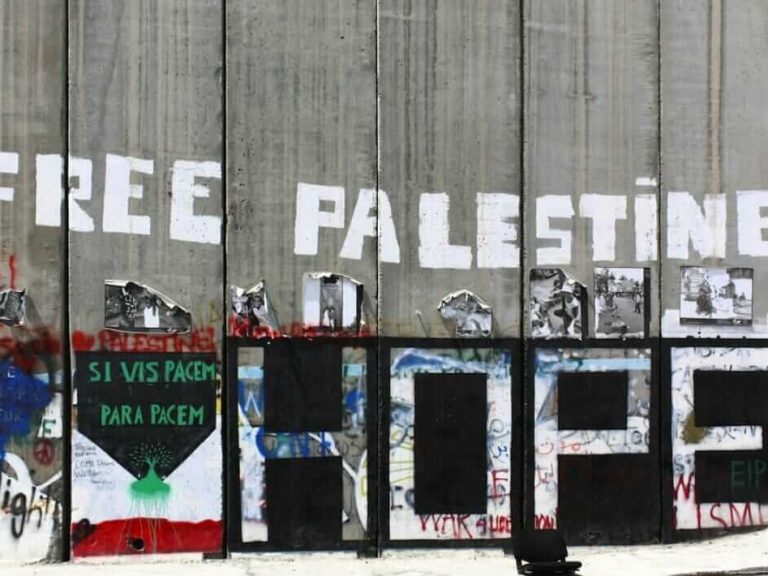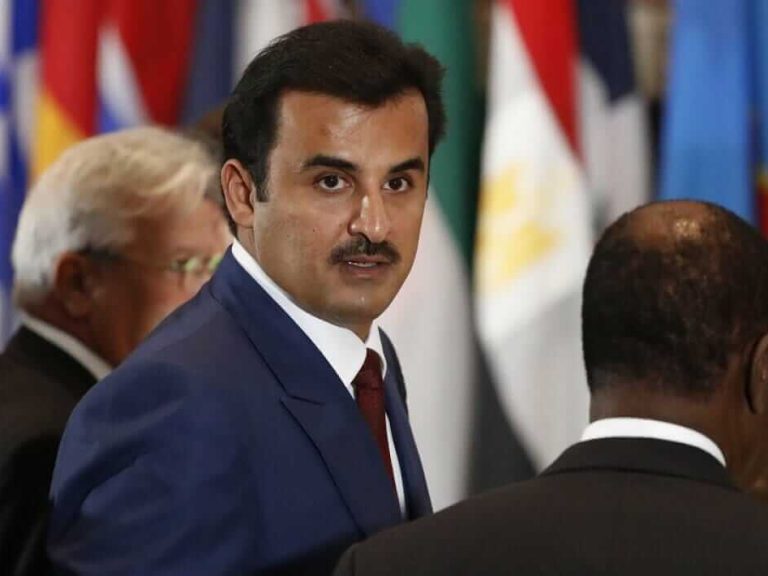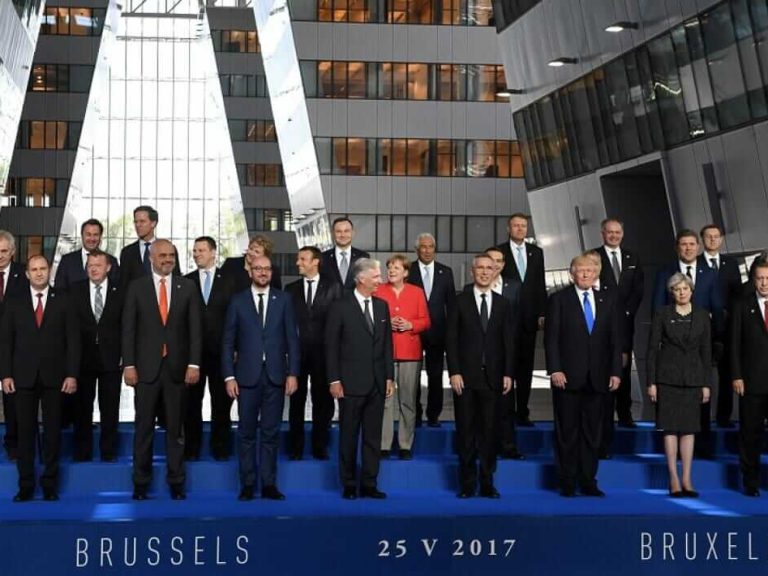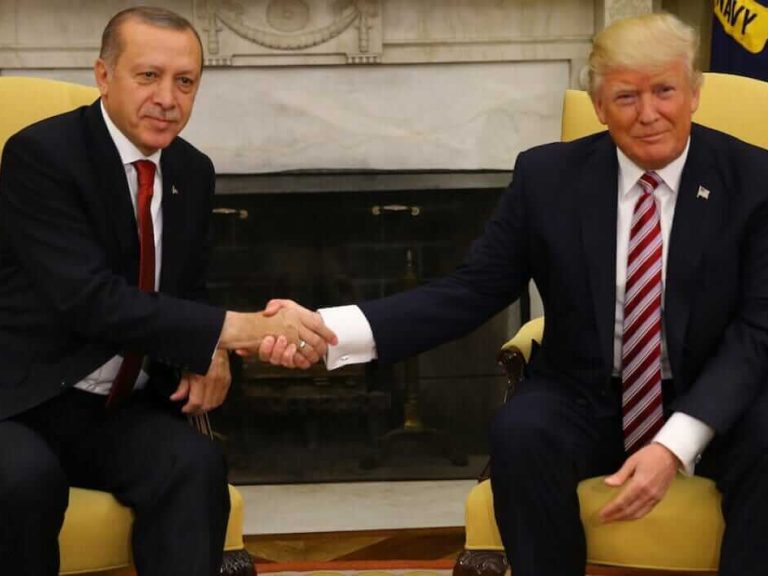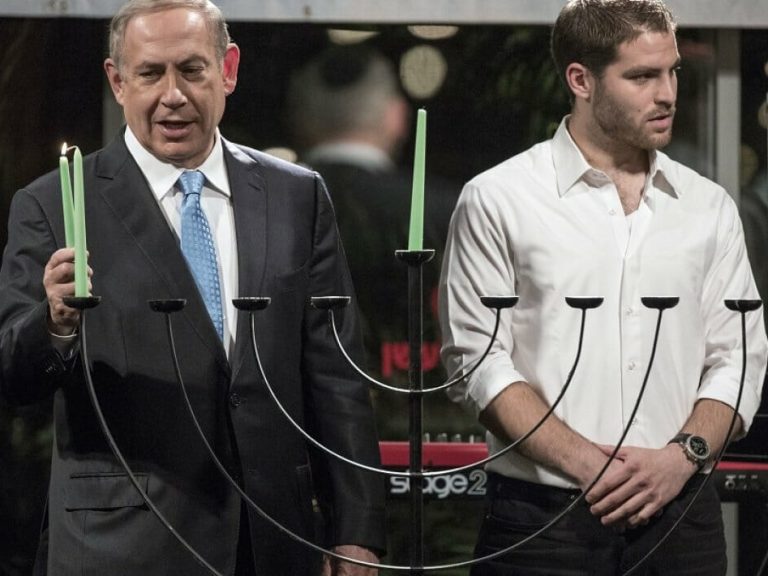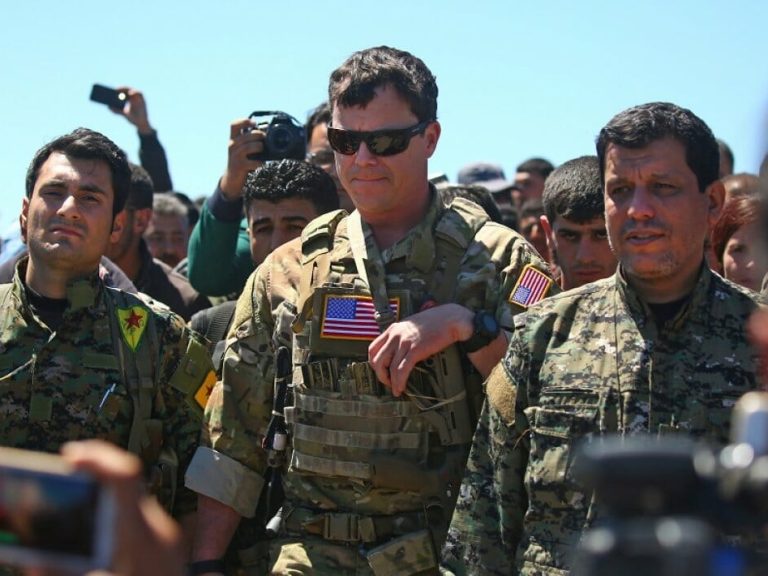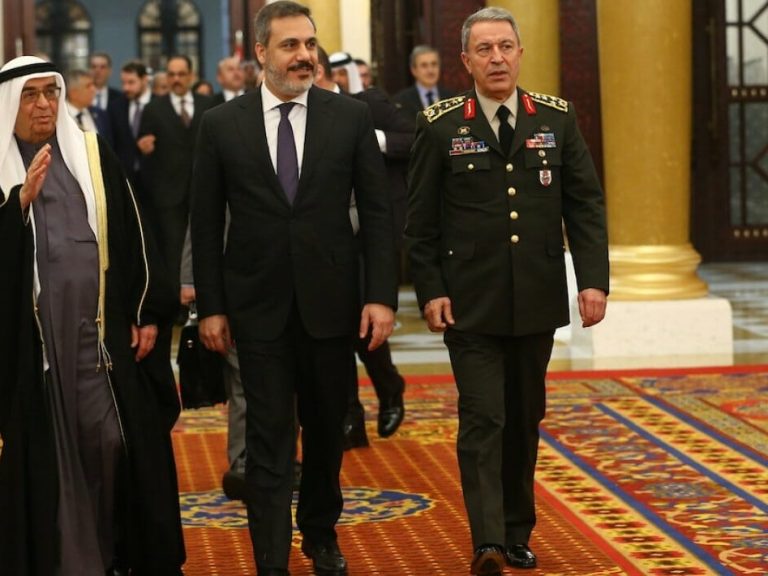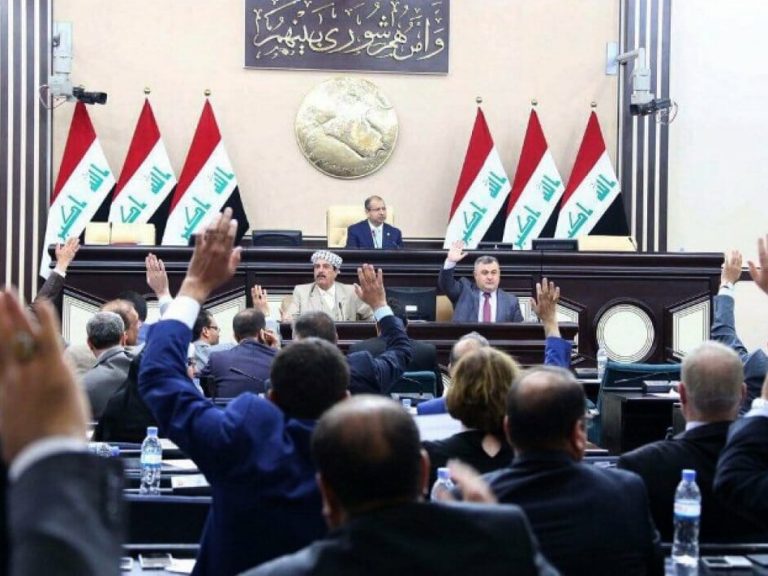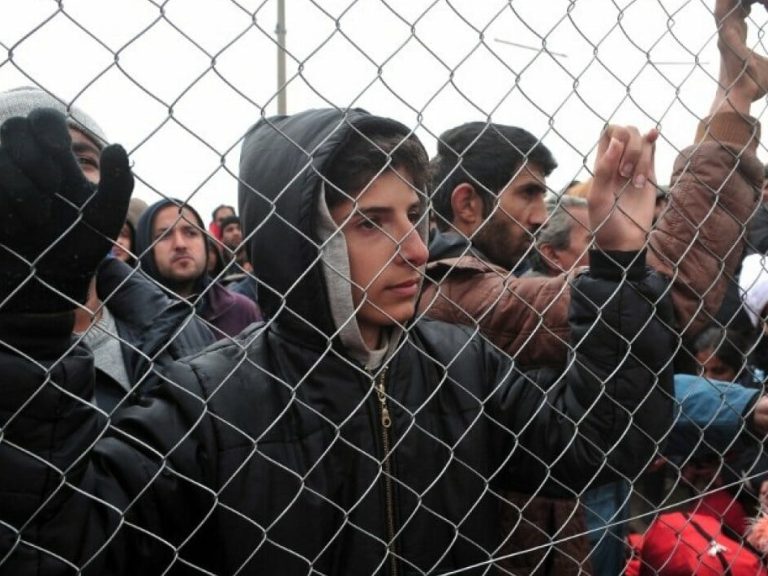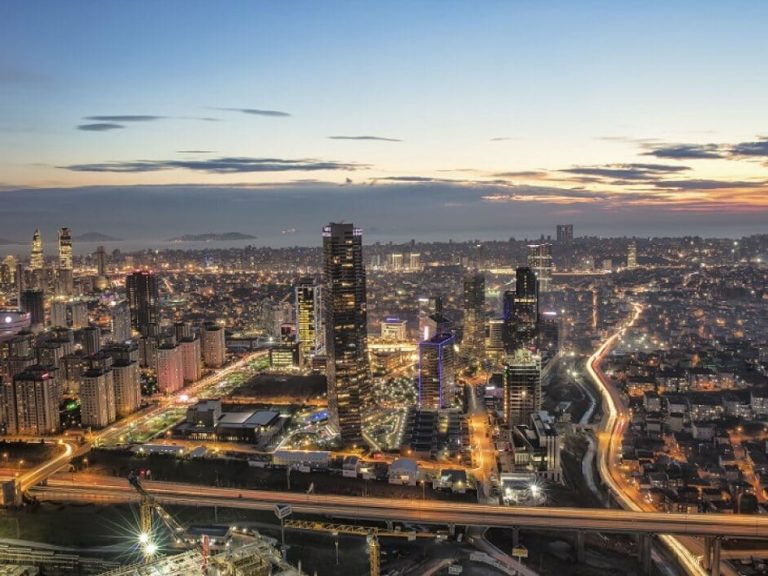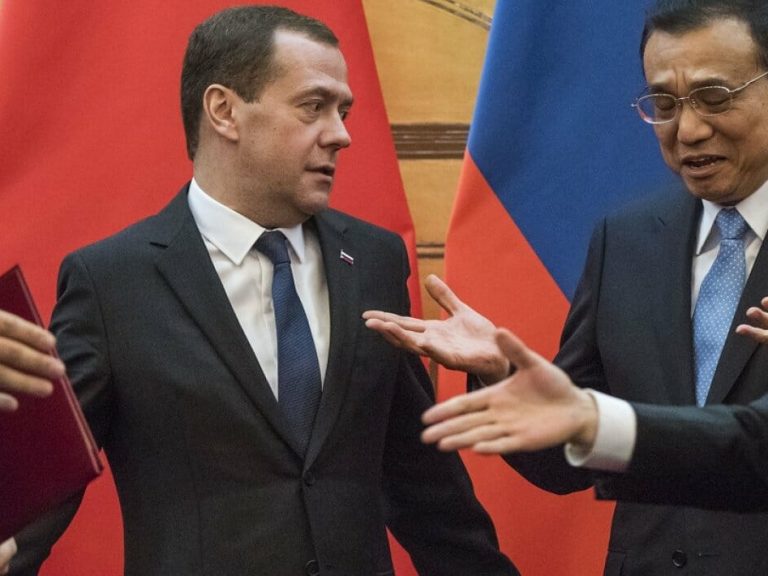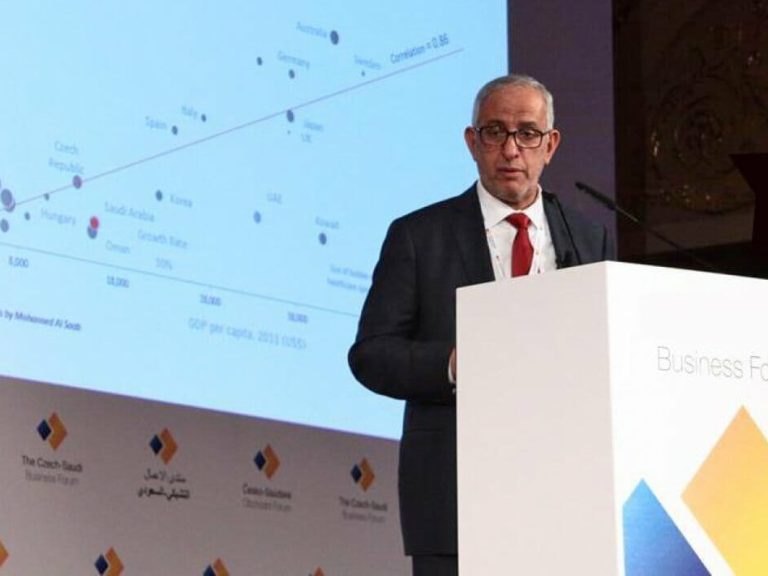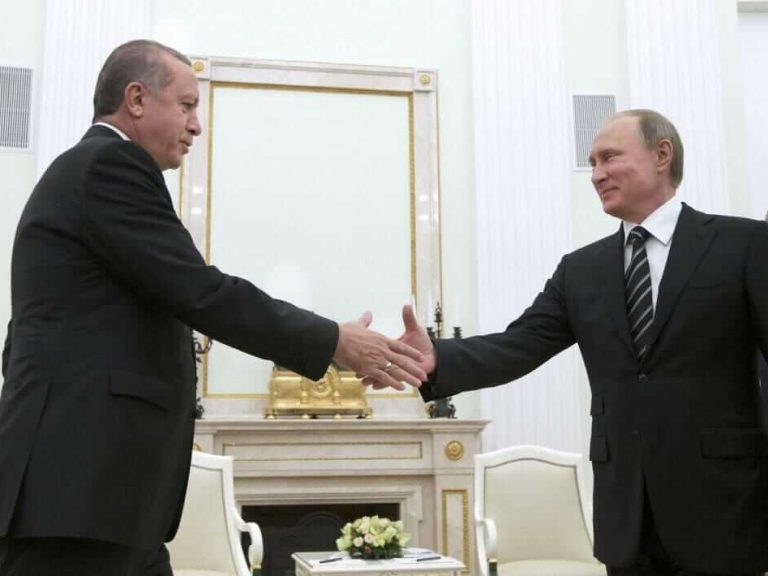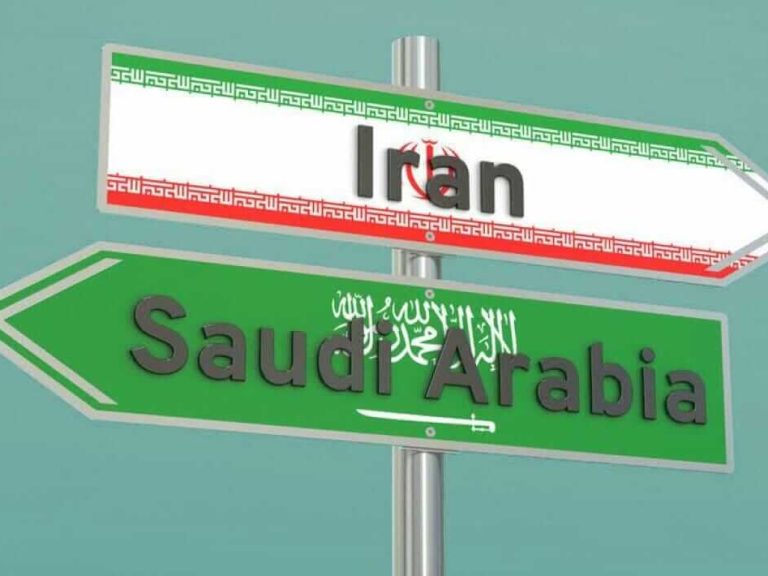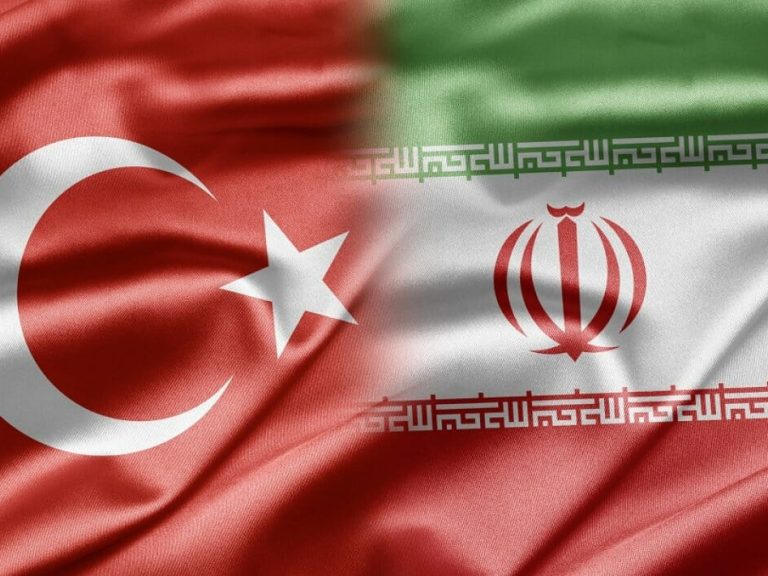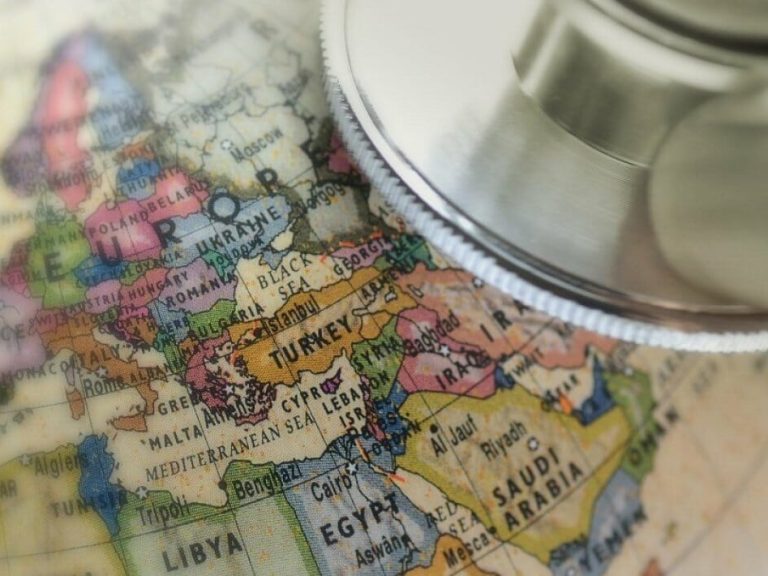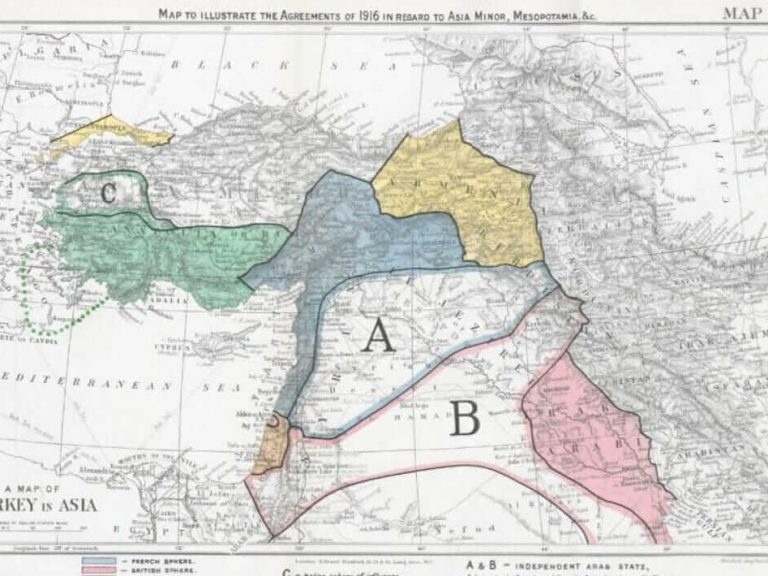”
Hamas particularly highlights in the new document that it is not an offshoot of the Muslim Brotherhood in order to prevent possible pressure by countries such as Egypt, Saudi Arabia, and the United Arab Emirates, who recognize the Brotherhood as a terrorist group.
What is behind the Crisis in the Gulf?
The gathering of Arab and Muslim leaders in an already tense political atmosphere meant a lot to the observers of the Middle East, but the real story was Trump’s choice of Saudi Arabia for his first official visit as the US president.
For the U.S. and Turkey, NATO Continues to be an Unequal, Unreliable Alliance
Not wishing to return from Europe empty-handed following his Middle East tour, during which he made multi-billion dollar arms deals with Saudi Arabia and other Gulf countries, Trump is highly aware of the fact that the European continental countries offer a market on par with the oil-rich Gulf Arab region.
Erdoğan – Trump Meeting Signals a More Constructive Era in US-Turkish Relations
org/will-the-trump-administration%E2%80%99s-syria-policy-change-after-the-chemical-attack/
Enclosing Sunni countries with a “Shiite crescent” – a policy that was covertly endorsed by the Obama administration to limit the Sunni governments in the region much to the chagrin of traditional allies like Turkey, Saudi Arabia, the Gulf countries and Israel – is no longer sustainable.
Why DAESH is So Pleasant to Israel
”
Committing terrorist acts all across the globe and killing hundreds in Australia, Canada, Kenya, Italy, Yemen, Tunisia, Russia, Malaysia, Bangladesh, the US, Germany, Saudi Arabia, Belgium, Indonesia, Afghanistan, Iraq, Syria, Egypt, Denmark, France, Sweden and Turkey, Daesh apologized to Israel as shots were fired from a territory under its control.
From Alliance to Tacit Containment: Changes in Turkey-US Relations
Although the second term of the Obama administration was a nightmare for traditional US allies including Turkey, Saudi Arabia, Israel, and Ukraine, Obama’s policies produced a favorable environment for the US’s rivals like Iran, Cuba, and Russia.
What is the GreenMetric World University Ranking?
Hosted by Istanbul University, the workshop was held on 9-10 April 2017 in Istanbul, nearly 100 people attended, including rectors, vice rectors, experts, landscape architects, city planners, academic staff, executive officers from the ministries of environment, and energy managers and stakeholders from 20 different countries including Indonesia, Malaysia, Taiwan, Jordan, Russia, India, Brazil, Colombia, Greece, Hungary, Bahrain, Saudi Arabia, Kazakhstan, Egypt and Morocco.
Towards a New Strategic Partnership between Turkey and the Gulf?
President Erdoğan recently went on a Gulf tour consisting of three countries: Bahrain, Saudi Arabia, and Qatar.
National Reconciliation in Iraq: Opportunities and Challenges
Turkey, Saudi Arabia, and Jordan must put pressure on Sunnis (Arabs and Kurds) to show a readiness for a historical compromise to achieve a durable and lasting peace.
Has the Myth of the Global Village Ended Now?
Thousands of miles of border walls have been built mainly for security reasons, between Botswana and Zimbabwe, India and Bangladesh, from China to North Korea, from Turkmenistan to Uzbekistan, from Saudi Arabia to Yemen, from Spain to Morocco, from North Ireland to England, from the USA to Mexico and most dramatically from Israel to Palestine.
World’s New Financial Hub: Istanbul
Turkey's strengthening economy and changing foreign policy after 2002 has resulted in closer geopolitical ties with the Middle East, and thanks to that Turkey has begun to strengthen its economic and commercial relations in the region as well, especially with Saudi Arabia and Qatar.
Sino-Soviet Split Redux under President Trump?
In any case, this deal brought Iran and the United States much closer than any time since the overthrow of the Shah in 1979, and the American-Iranian rapprochement was persistently pursued at the expense of antagonizing traditional allies of the United States in the Middle East such as Israel, Saudi Arabia, and Turkey.
Investing in Turkey, Investors’ Perspective: Interview with Tarek O. Al-Kasabi
Al-Kasabi, a Saudi businessman, about his company's investments in Turkey.
The End of the Turkish-American ‘Alliance’ after the Failed Coup?
Russia, Brazil, Iran, Saudi Arabia, China, Pakistan, and France are among the many middle or great powers with which Turkey has established amicable relations, at least for a limited time (in the case of Russia and Iran), under AK Party governments since 2002.
The Impact of the Syrian Civil War on Identity Groups in Turkey
Turkey’s increased security cooperation with Qatar and Saudi Arabia have further elevated such worries.
German Media and Turkey
Now suddenly the Saudis are becoming the bad guys.
Turkey Can Play a Role in Riyadh-Tehran Rapprochement
Saudi Arabia and Iran have been rivals for the large part of the 20th century, but this rivalry has not dominated the regional agenda until recently.
How Can Turkish-Iranian Commonalities Outweigh the Areas of Disagreement?
In contrast, Shiite Iran, which competes (with Saudi Arabia) for the leadership of Islam, has used the sectarian divide to further its ambitions.
Sykes-Picot: The Symbol of Western Imperialism in the Middle East
For instance, the US and Russia initiated a secret negotiation process to try to manage the Syrian Crisis by excluding related regional states such as Iran, Turkey and Saudi Arabia.
Is the Spirit of Sykes-Picot Still Alive in the Middle East after a Century?
Contributions, or at least the consent of the regional actors such as Turkey, Iran and Saudi Arabia, are crucial for the sustainability of order in the region.
